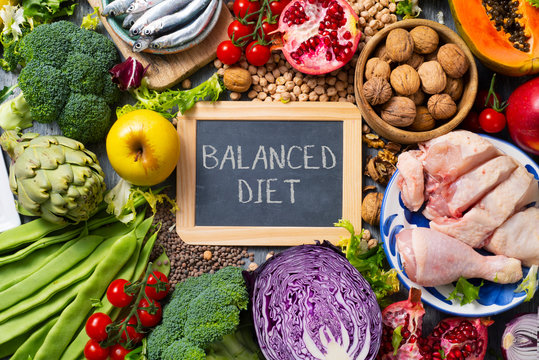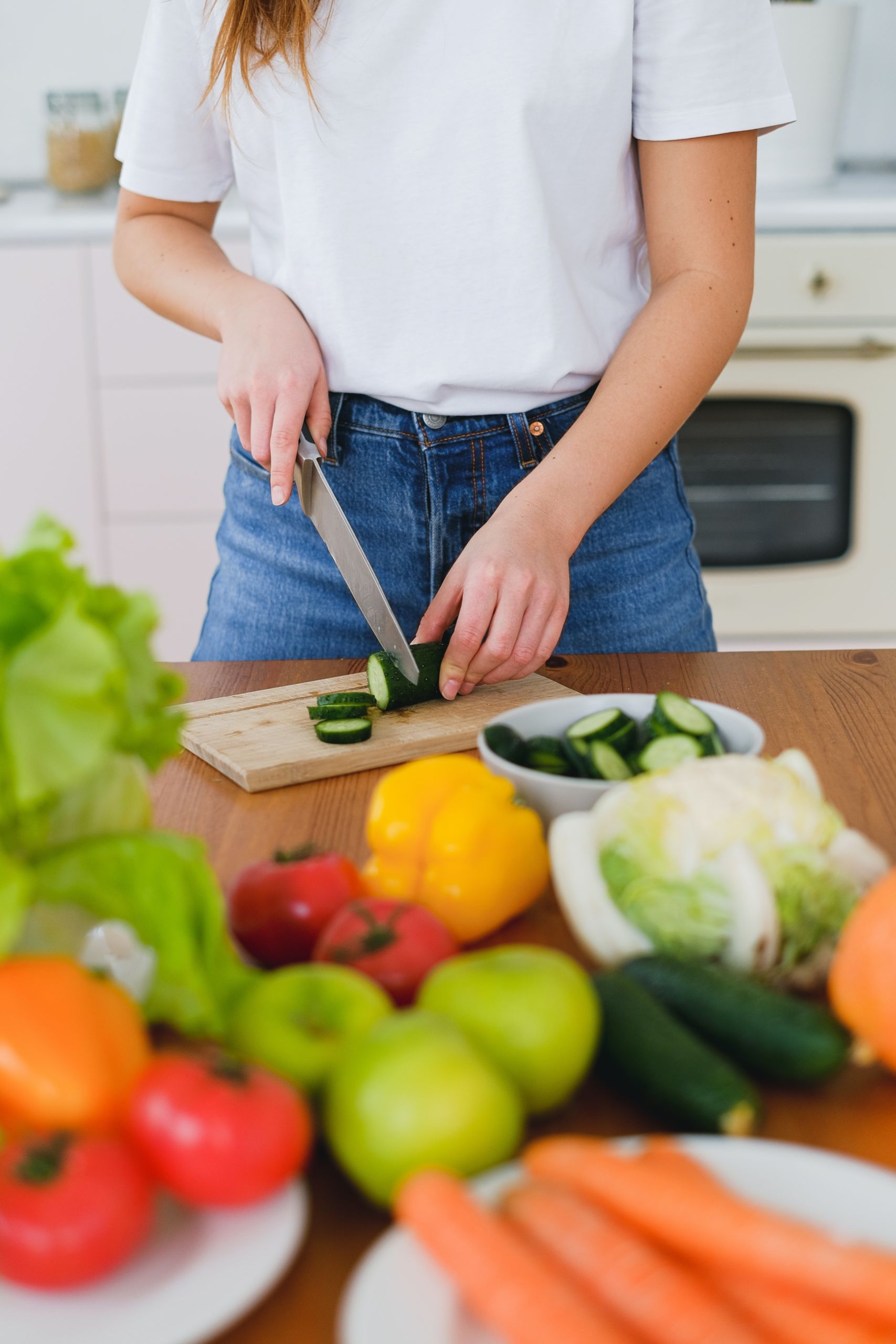In today’s society — with such fast-paced lives — often health takes a back seat to convenience. But even if you just try to eat healthier (or make small, better-for-meals efforts to healthy cooking), the health side of things will be much, much better for you. It can’t be solved by simply cutting back on what you eat, or by cutting foods out of your diet — it can be solved by choosing the right ingredients, prepared in the right way, for the maximum nourishment for your body.

Why Healthy Cooking Matters
Cooking is more than a chore — it’s a chance to assert control over your health. Since you are the one cooking the meals you have total control over these foods and therefore what goes into your body. You can sidestep excessive salt, sugar, bad fats.
Healthy cooking does not mean dull cooking. With the right ingredients and techniques, you can make dishes that are as nutritious as they are delicious.
Important Rules of Proper Nutrition
Balance is Key:
It should contain carbohydrates, proteins, healthy fats, fiber, and vitamins and minerals. It’s impossible for any single food to offer all these nutrients, which is why variety is important.

Choose Whole Foods:
When you choose whole foods such as fruits, vegetables, whole grains, legumes, nuts and seeds, you get the nutrients you need to be healthy without added salt, sugar and excessive calories. The more a food takes you back to the natural version you find in nature, the healthier it is for you.
Be mindful of your portions:
Weight gain can result from overindulging in even healthful foods. You can enjoy food without going overboard if you pay attention to portion sizes.
Drinking enough water is super important:
it helps with digestion, absorbs nutrients, and keeps your body feeling good overall. Instead of reaching for sugary drinks, try sticking with plain water, soothing herbal teas, or even water infused with fresh fruits for a refreshing twist.
Tips for Healthy Cooking
Make Use of Healthier Cooking Techniques:
Deep-frying is not as good as baking, sauteing, steaming, and grilling. These techniques use less oil and preserve nutrients.

Restrict the amount of processed ingredients you use:
Choose fresh or minimally processed foods over canned or packaged ones. They typically have lower levels of added sugars, preservatives, and sodium.
Try Different Spices and Herbs:
Use herbs and spices like ginger, cumin, turmeric, and basil to add flavour without using salt or thick sauces.
Include Plant-Based Foods:
You can lower your risk of chronic diseases and improve your heart by going meatless once or twice a week. Plant protein is abundant in dishes prepared with quinoa, lentils, beans, or tofu
Easy, Healthful Breakfast Ideas
- Oats with nuts, honey, and fresh fruit on top.
- Lunch consists of a grilled vegetable wrap accompanied by a salad and hummus.
- Supper will be steamed broccoli, brown rice, and stir-fried tofu.
- Snacks include fresh fruit, roasted chickpeas, or Greek yoghurt with berries.
Final thoughts
Healthy eating and cooking aren’t about abstaining from all pleasures or rigidly adhering to rules. One meal at a time, it’s about making better decisions. In addition to feeling better physically, eating healthily gives you more energy, enhances your mood and build a stronger immune system.
